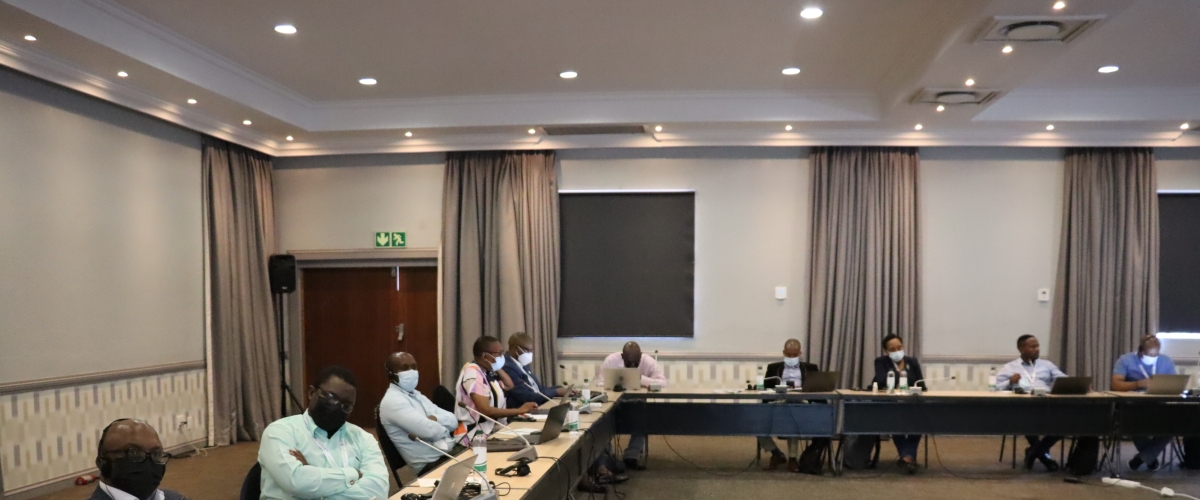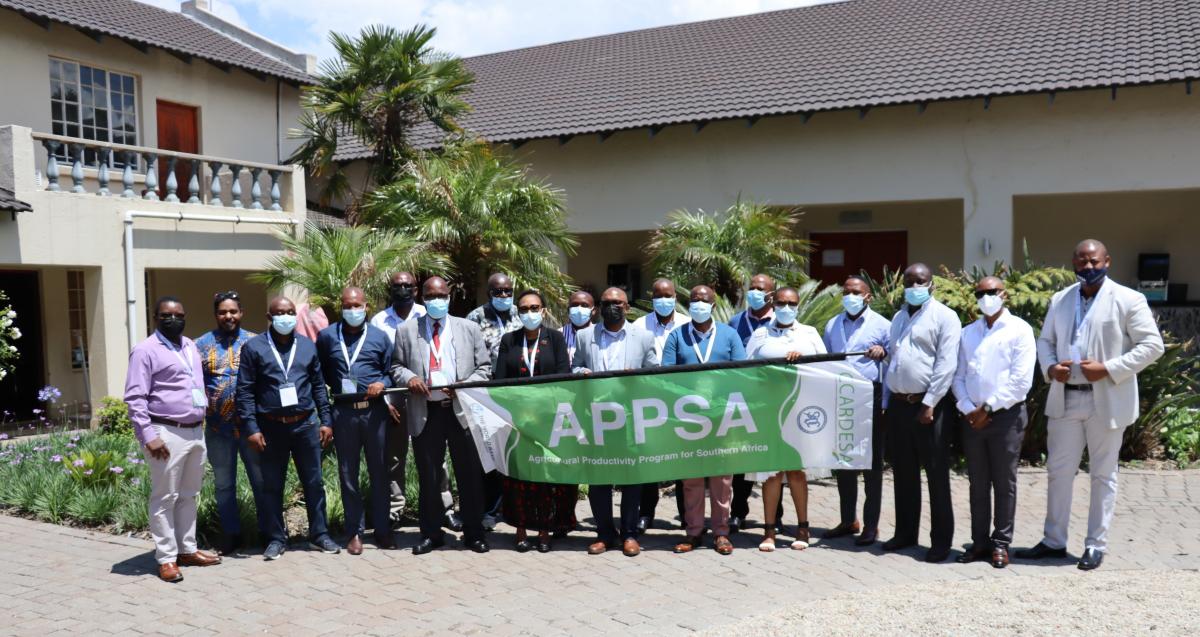
Agricultural productivity relies significantly on increased availability and access to quality seed. Free trade and movement of seeds between borders within the region has the potential to positively impact over 70% of the region's population that depends on agriculture for food, income, and employment.
The Centre for Coordination of Agricultural Research and Development for Southern Africa (CCARDESA), through the Agricultural Productivity Programme for Southern Africa (APPSA), has been supporting the domestication of Harmonized Seed Regulatory System (HSRS) among implementing countries to facilitate exchange of germplasm between scientists who have a responsibility to increase availability of improved varieties within the region. The HSRS essentially establishes commonly agreed standards, rules, and procedures related to Seed Variety Release, Seed Certification and Quality Assurance, and Quarantine and Phytosanitary Measures for Seed.
According to Dr Claid Mujaju, Director of Research Services Department in Zimbabwe “stringent laws and regulations in member countries are affecting seed movement within the region, and farmers remain seed insecure resulting in food insecurity”. The HSRS is meant to change this scenario towards an open seed trade and/or exchange environment in the region. “The main purpose of the HSRS is to: (1) make it convenient and cheaper for seed movement; (2) stimulate availability of more varieties; (3) encourage more companies to invest in seed business; and (4) increase choices available to farmers”, added Dr Mujaju. These are some of the salient points Dr Mujaju raised during the first dialogue under APPSA Phase 2 on domestication of the SADC harmonized seed regulatory system. The event, which was attended by representatives from all APPSA countries (Angola, Lesotho, Malawi, Mozambique and Zambia), was hosted in Johannesburg, South Africa on the 1st of December 2021.

Participants of the first dialogue under APPSA Phase 2 on domestication of the SADC harmonized seed regulatory system.
Although most countries from the region have already signed the memorandum of understanding to operationalize the SADC Technical Agreements on Harmonization of Seed Regulations, the full understanding on requirements to registering new and existing varieties in the SADC Catalogue as well as to move germplasm from one country to another within the region, is yet to be achieved.
APPSA is a World Bank funded regional programme which is currently (2019-2024) implemented by Angola and Lesotho to establish Regional Centers of Leadership (RCoLs) on Cassava and Horticulture, respectively. From 2013 to 2019, APPSA also supported Malawi (RCoL on Maize), Mozambique (RCoL on Rice) and Zambia (RCoL on Legumes). The programme is based on collaborative research and partnerships between scientists from two or more countries. This is made possible by the continuous exchange of knowledge and germplasm contributing towards reducing duplication of efforts and resources.






